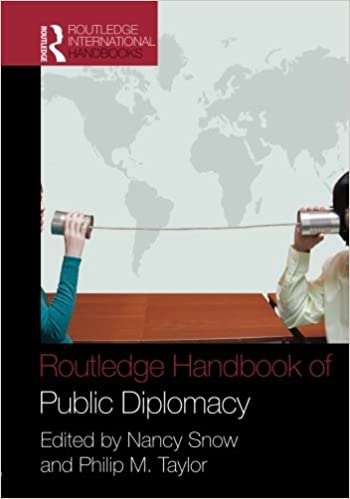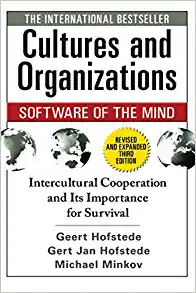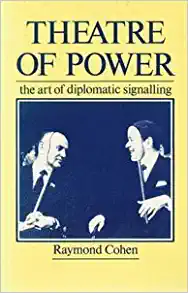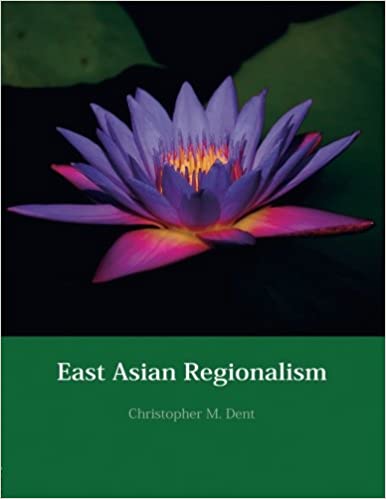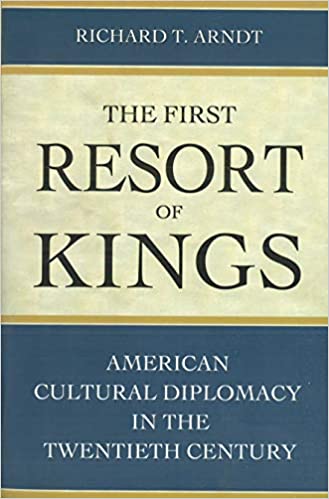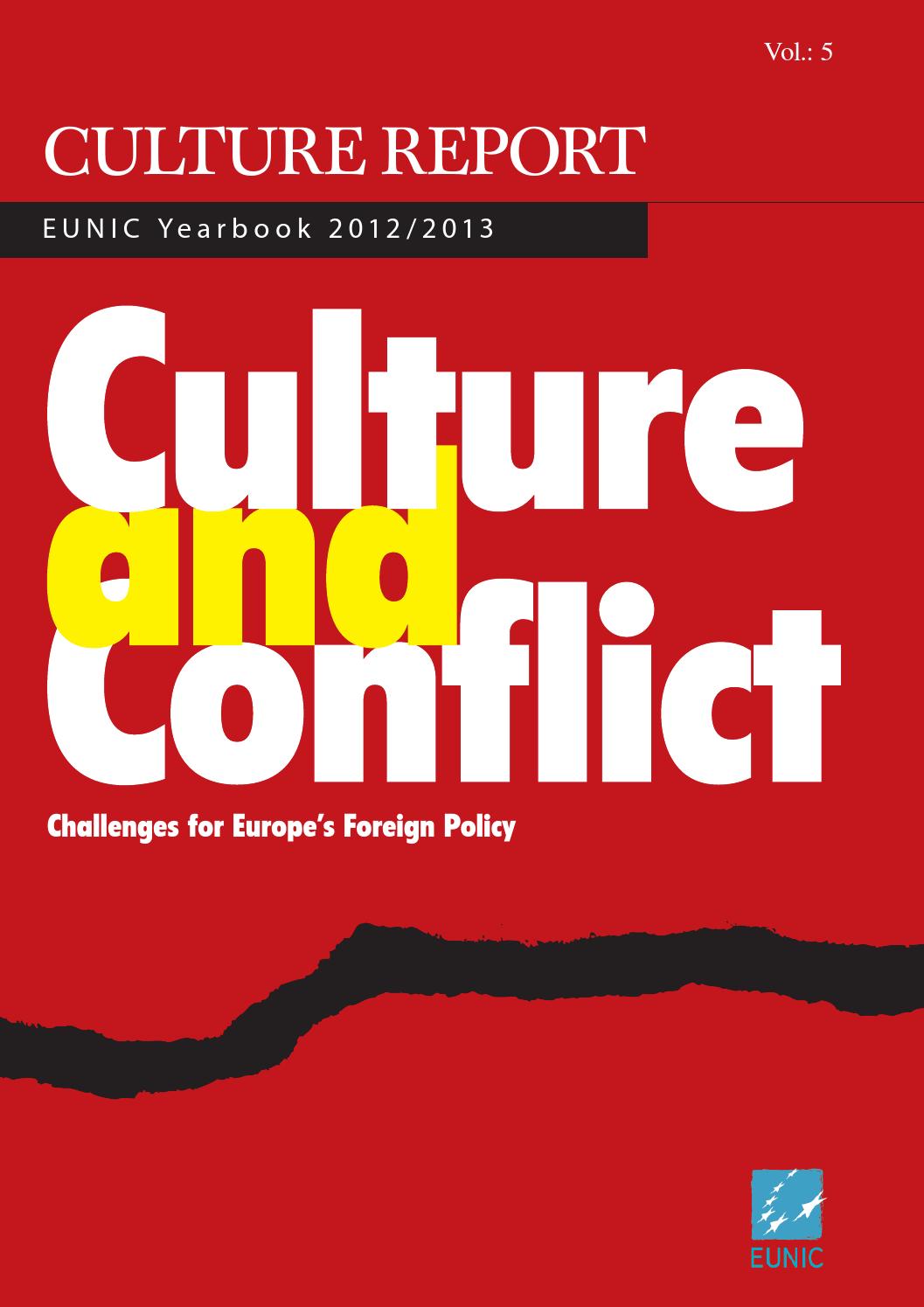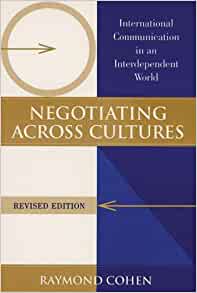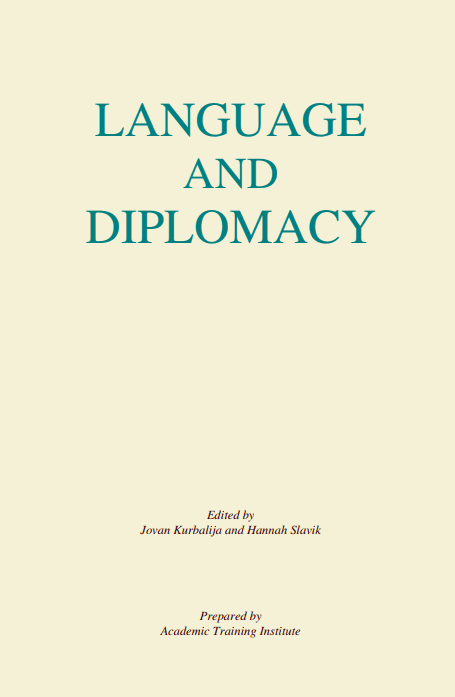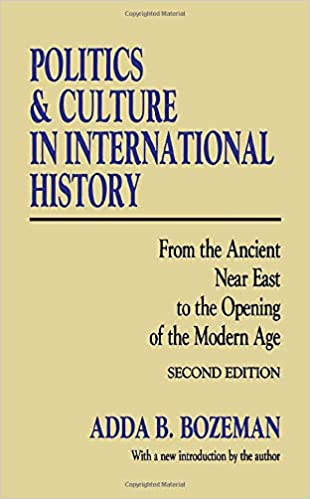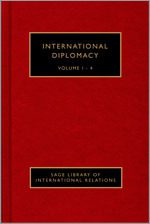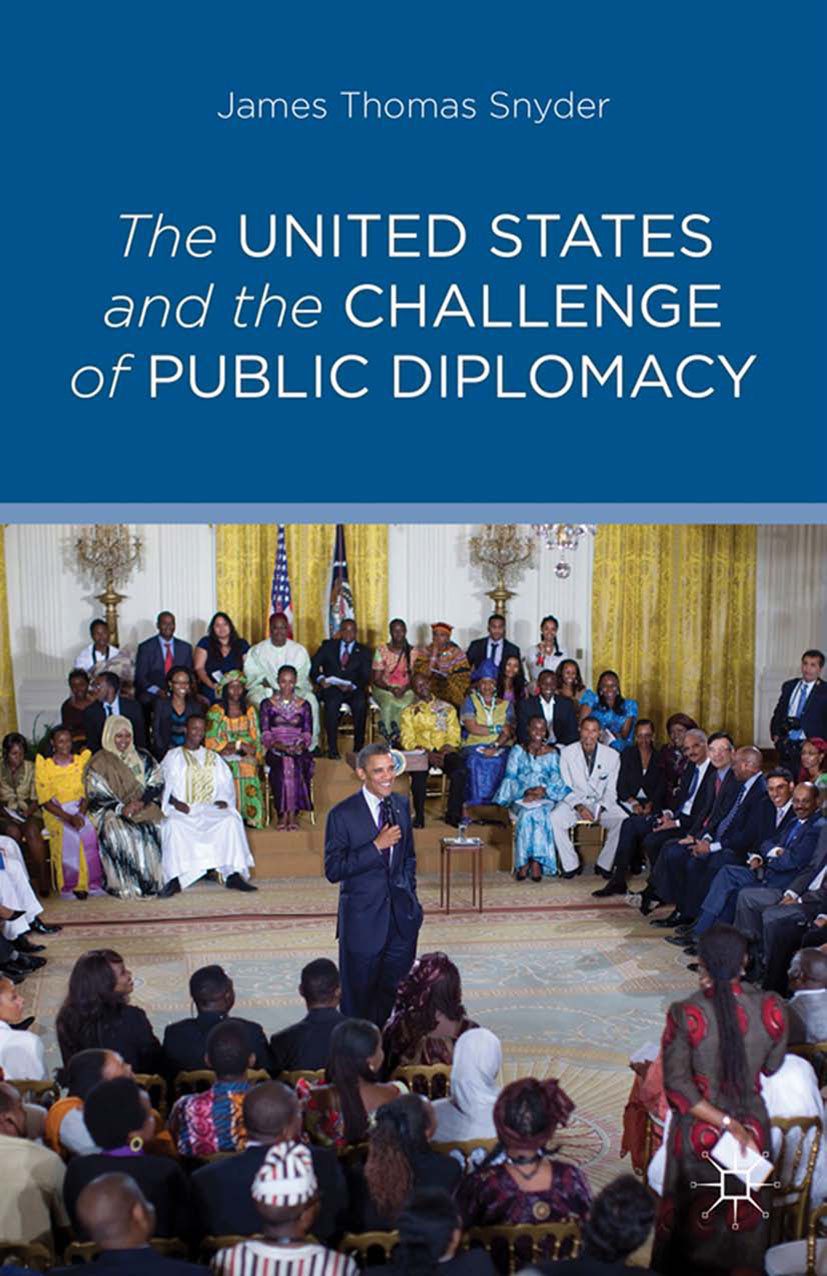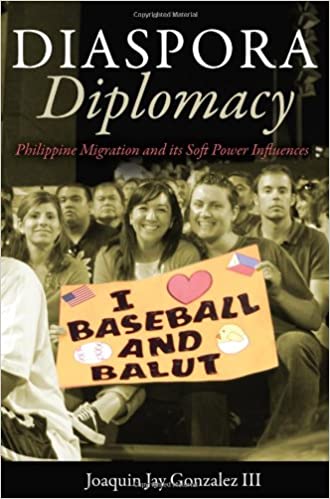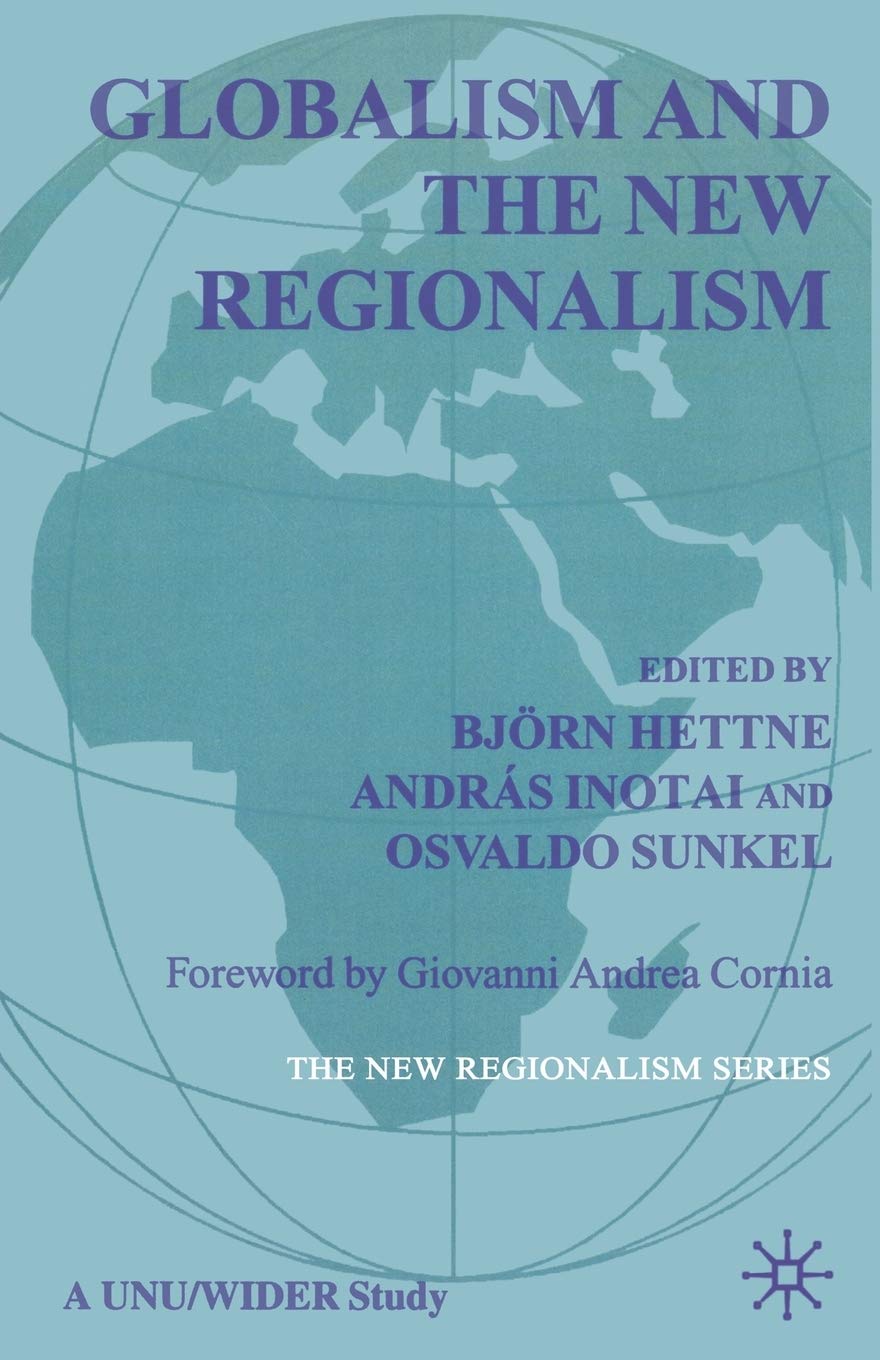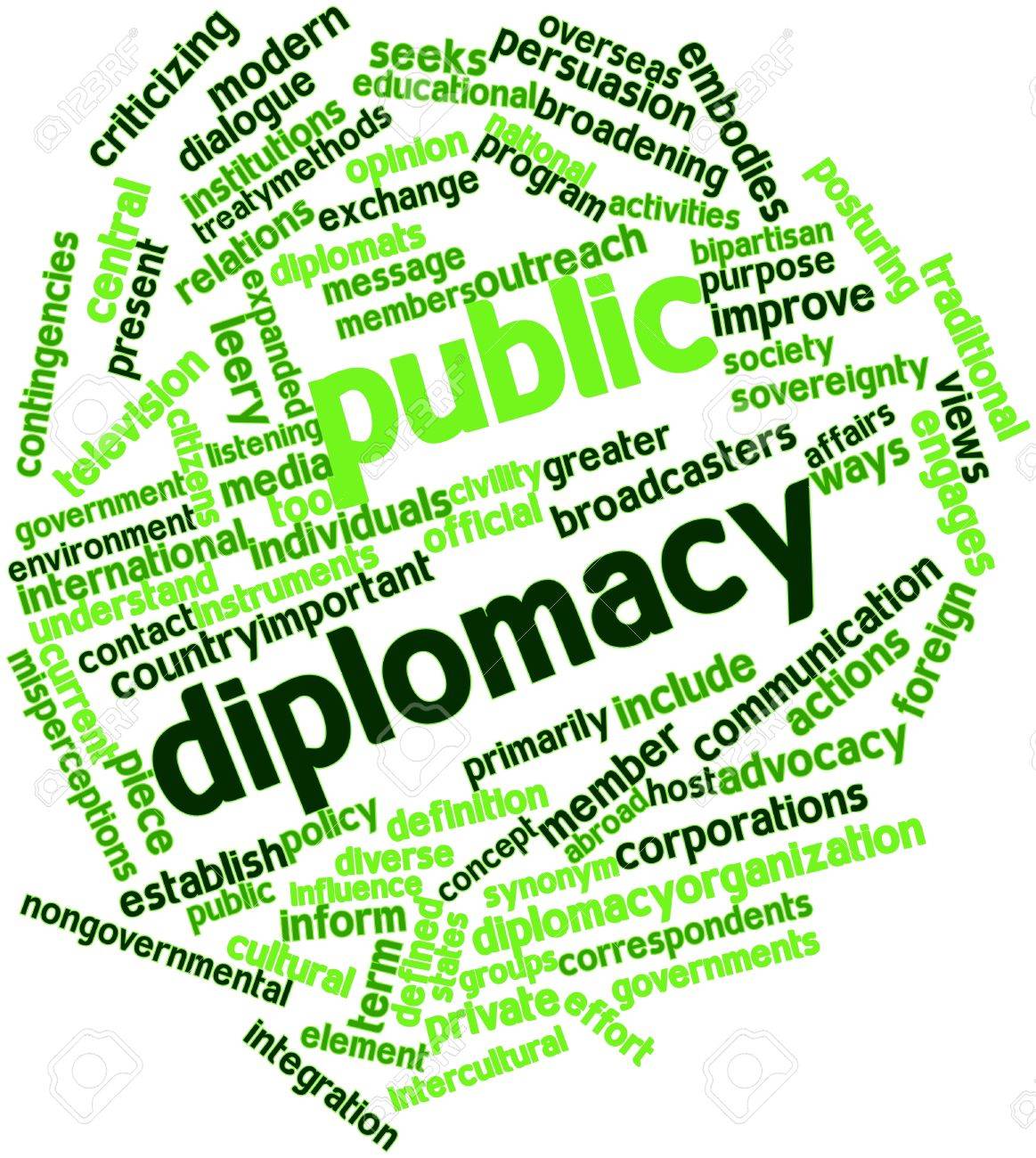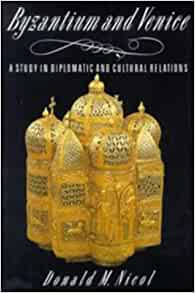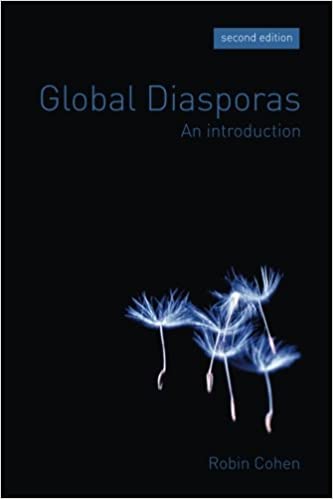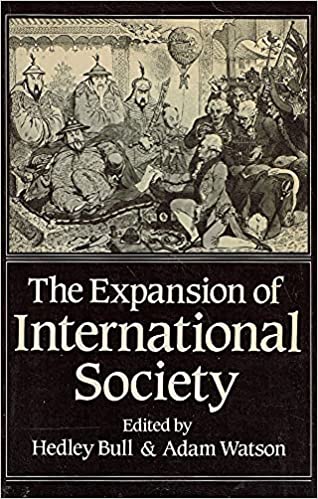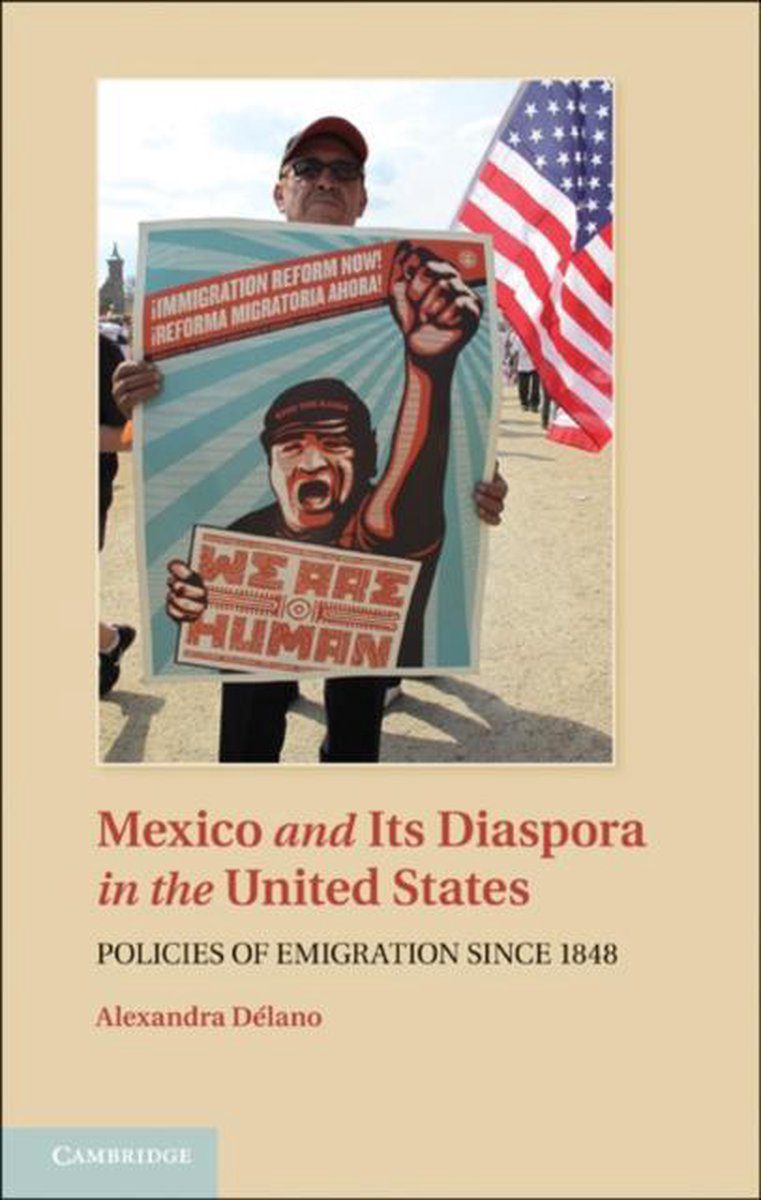Author: Dietrich Kappeler
The impact of cultural diversity on multilateral diplomacy and relations
2004
In recent years, considerable attention has been devoted to the impact of cultural diversity in bilateral diplomatic relations. Before being posted in a country with a different culture, diplomats have been encouraged to acquaint themselves with that culture in order to be able to converse and interact with their local counterparts and the population in general in such a manner as not to threaten sensitivities. Depending on the diplomat’s own culture, this has often been difficult.
If we move to the multilateral level, things become far more complicated, as any diplomat who attends meetings of international conferences or deliberative organs of international organisations knows. It is no longer just a matter of not hurting sensitivities. The very meaning of words and especially concepts becomes uncertain because of the multiplicity of cultures involved. This is one reason why international conventions are often accepted and even ratified by countries whose view of the subject matter vastly differs. A good example is human rights.
Verbal support is given to the Universal Declaration of 1948 and the two Covenants of 1966 in every part of the world. But when it comes to the interpretation of specific provisions, like the one proclaiming equality between men and women, the views of various cultures vastly differ. In fact, the very concept of human rights as rights given to the individual human being in its relations with authorities and other human beings is a relatively late product of Western European cultures. For most of the history of humanity, the individual was seen as part of a group: the family clan, tribe or nation. Such rights as were given to the individual, therefore remained subject to the more important interests of the group. This view is still held by the majority of non-West ern cultures, as it was by Marxism-Leninism, a product of Western European culture.
Thus, basic concepts mean different things in different cultures. In multilateral relations, this means that looking at such a concept is always culturally biased. As a result, an interpretation according to one culture also tends to criticise different interpretations according to other cultures. Whenever countries belonging to one culture have a dominant position in a multilateral forum, they therefore attempt to impose their view on countries belonging to other cultures. The latter will then criticise the views of the dominant culture in fora where they are in the majority.
Historically, international law and international organisations are the creation of countries belonging to the Western European culture and its American offspring. Moreover, many countries that were formerly colonised are strong ly influenced by the culture of the colonisers, in particular those colonised by Britain, France and Spain. Otherwise, Euro-centric views would no longer be in a position to dominate universal organisations and, in particular, the United Nations. So far, only Islamic countries have consistently upheld their own views on a number of issues. To a lesser extent, divergent views have also been presented within groups of third-world countries, such as the Non-Aligned Movement and the Group of 77.
However, even within a given culture, strong differences can be found among individuals, groups and countries regarding specific issues – and this geographically as well as in time. To take the latter aspect first, one notes that few European politicians and diplomats appear to realise that the death penalty and corporal punishments, even torture as a means of extracting confessions, were considered perfectly acceptable in Europe and the Americas less than a century ago. With regard to the death penalty, a strong geographic cultural difference remains between Europe and the USA.
It is important that diplomats and politicians pay attention to and accept the fact of cultural diversity. If they do, they will understand the underlying causes of many conflicting attitudes and they may become more inclined to seek compromise and consensual approaches rather than attempt to impose their own culturally biased views.
Currently, the catchword in international relations is globalisation. This is thought to mean that the whole world should become a single unit, in which goods, persons and ideas could circulate unhindered. As the idea of globalisation originates from the USA and, to a lesser extent, Western Europe, the concept is impregnated with the cultural values of these regions. Thus, in the field of economic relations, private property and free markets are the core values. In political terms, democracy, transparent governance and the respect of human rights are the key concepts. As regards human values, individualism, freedom of thought and belief and respect for the integrity of the physical and moral person of the human being are considered to have a global dimension.
Daily evidence shows, however, that such a conception of a global world is far from generally accepted. Indeed, many doubt whether a unification of the globe is at all desirable. Cultural diversity, at least for the time being, appears to mean that a lot of caution is required in defining the meaning and implementation of globalisation.
In recent years, partly as a result of the spread of basic education and the availability of better and faster means of communication, one notes a tendency towards enhancing the specificity of individual cultures. The Indian sub-con tinent provides a good example. In Pakistan, cultural diversity within Islam itself is threatening the unity of the country with violent communal clashes that, inevitably, also affect relations with non-Muslims. In India, Hinduism, a multi-culture in itself, has spawned a fundamentalist and violent sub-culture that attempts to gain control over the country and, for this purpose, exploits the always-latent tensions between Hindus and Muslims. Here, too, relations with other cultures and religions are affected. Another example is Western Europe, where a nationalistic, somewhat racist and fundamentalist backlash against immigrants from other cultures is gaining ground, with the result that an elder statesman has publicly proclaimed that Turkey, a Muslim country, has no place in the Christian European Union. Finally, at a global level, Islamic fundamentalism and a nearly fundamentalist US world-view are clashing, at the risk of open and even military confrontation.
A greater awareness of the diversity of cultures and of the dangers under lying the recent developments described above ought to lead diplomats and politicians to a serious re-consideration of attitudes and policies in multilat eral relations. Otherwise, a considerable risk ensues that a cold-war-like con frontation between not just two but several intransigent cultures and the coun tries governed by them might develop. This would eventually freeze all efforts towards a true globalisation characterised by a climate of mutual tolerance and a willingness to reach consensual solutions for the urgent problems plaguing our world.
Fortunately, recent developments in multilateral diplomacy and the tools available to it provide means for avoiding a new paralysis of multilateral inter action. Thus more and more multilateral negotiations forgo confrontation in formal meetings in favour of informal interaction in what is officially a sus pended formal gathering. Information and communications technologies offer instruments for continuous and discreet interaction before, during and after actual multilateral negotiation. Thus, the number of occasions where cultural posturing is no longer required tends to multiply.
Information and communications technologies also provide instruments for diplomats and politicians, enabling them to better understand the cultur al attitudes of their counterparts in general and as regards specific issues about to be discussed in particular. In this regard, DiploFoundation has already done a great deal of groundwork and is embarking on ever wider and deeper-going programmes aimed at improving multilateral interaction and overcoming obstacles stemming from cultural diversity.
A fundamental problem, however, remains: how can cultural antagonisms be overcome in practice? This problem was partly hidden during nearly a half century as a result of the ideological confrontation known as the Cold War. The two antagonistic camps simply accepted the incompatibility of their respective views and thus tried to extend their influence by recruiting still undecided players to their side. Moreover, they attempted to undermine the loyalty of weaker members of the other side towards a dominant ideology often imposed on them. The result was a number of internal conflicts with more or less open interference by the main ideological powers. The necessity to avoid a global violent conflict imposed a degree of restraint on the latter and thus the world lived in an uneasy truce as far as intercultural relations and conflicts were concerned.
During the last decade, a new situation has prevailed. The disappearance of one of the two ideological contestants has allowed adherents of a variety of cultures to become more vocal. Unfortunately, this has led again to confron tational attitudes favouring extreme and fundamentalist positions within the various cultures. In countries where more than one of these cultures is present, internal confrontations are on the increase. At regional and global levels, deni gration of other cultures has become frequent and this has led to extreme forms of “good versus evil” approaches, especially on the religious plane. The numer ous countries that do not want, or cannot afford, to be drawn into such antag onistic approaches, and the many diplomats in the countries which follow such approaches who would like to help overcome them, find it ever more difficult to raise the voice of reason, tolerance and humanity. Debates in international fora become poisoned with antagonistic attitudes, and gleeful media are keen to project this to their readers, listeners and viewers.
In such an overheated atmosphere, professional diplomats are best placed to realise the underlying dangers of the current situation and to explain them not only to their governments but also to the public opinion in their countries and elsewhere. They should take more time to communicate among themselves and with others about these issues.



